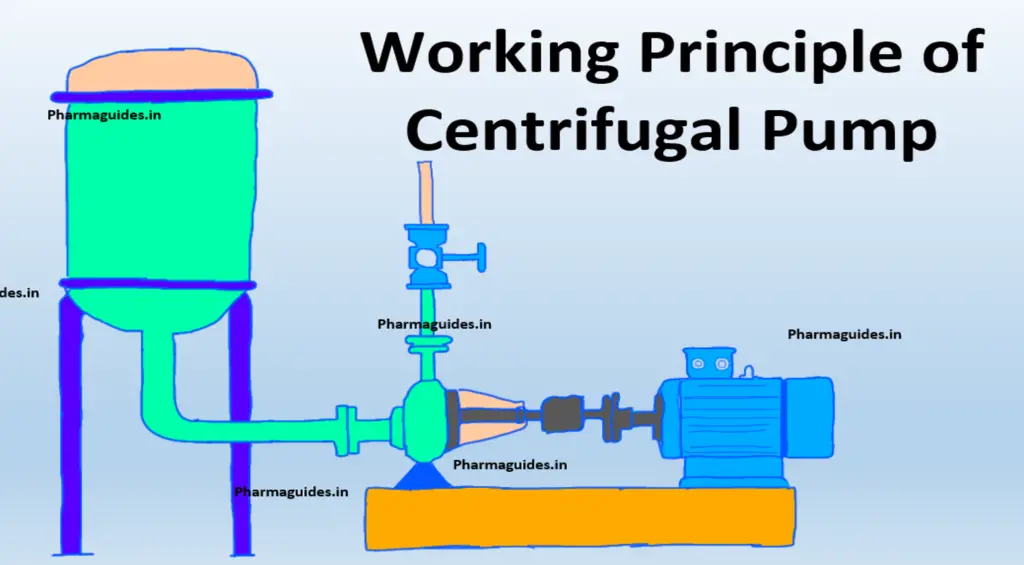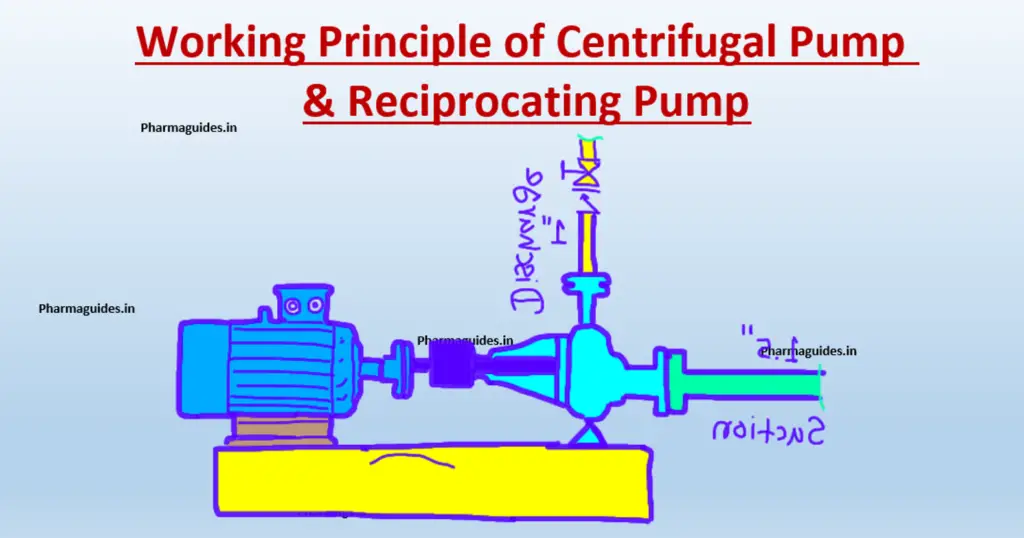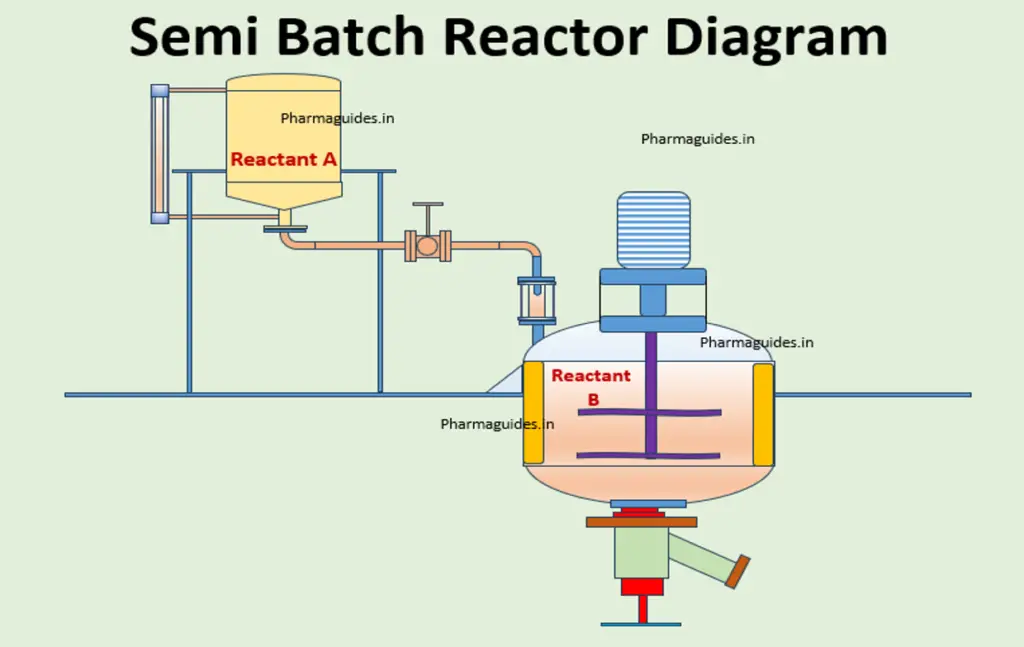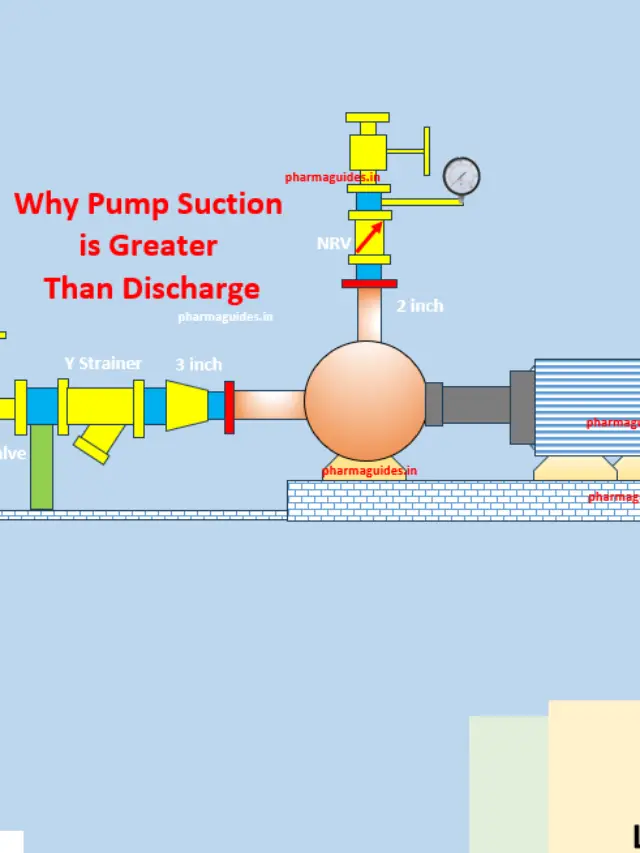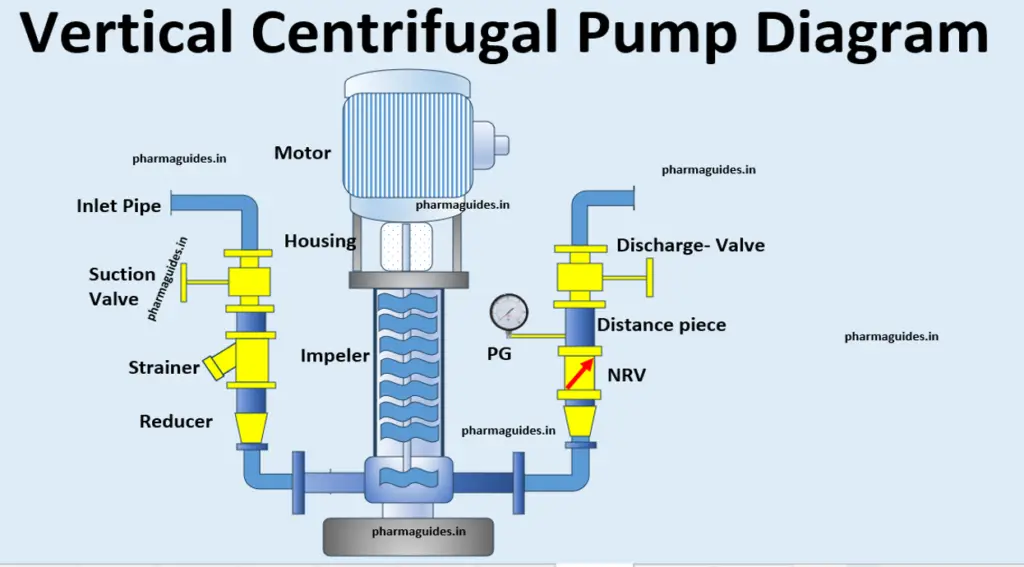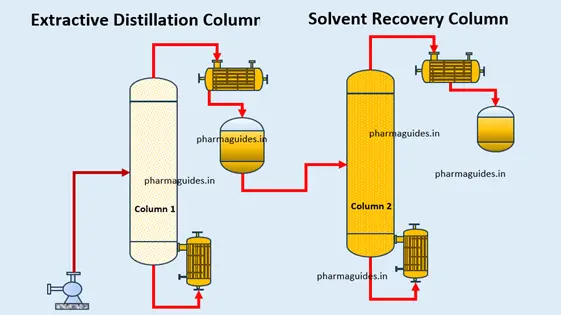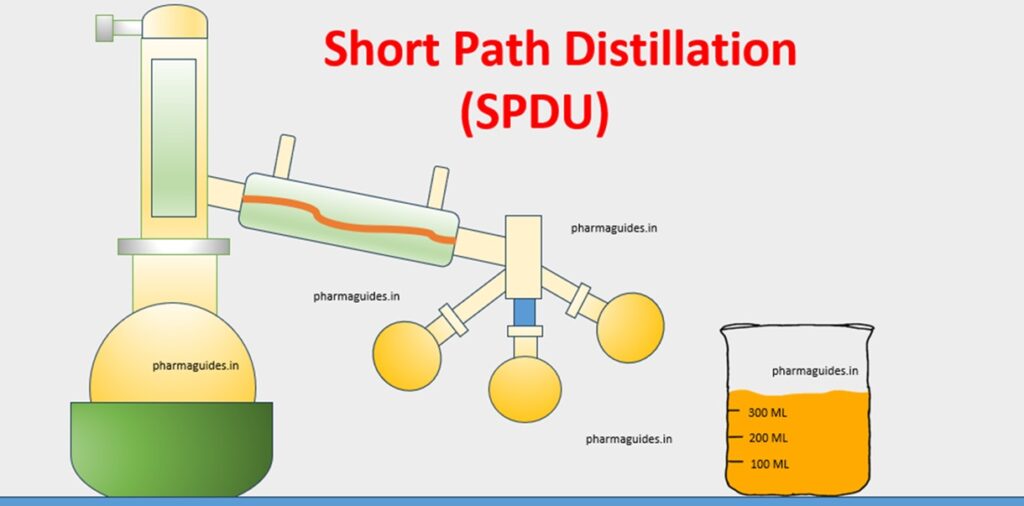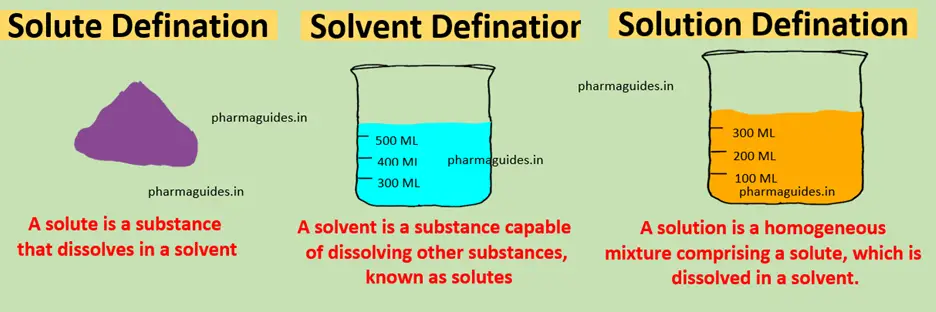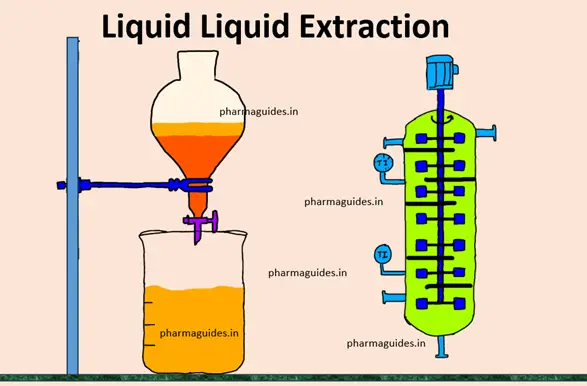difference between solute and solvent
Article Contents
Solute
Difference between solute and solvent :- A solute is a substance that is dissolved in a solvent to form a solution. In a solution, the solute is the component present in a lesser amount, and it is the substance that undergoes dissolving. The solute can be a solid, liquid, or gas, and it is typically dispersed uniformly throughout the solvent.
For example, in a saltwater solution, salt (sodium chloride) is the solute that dissolves in the solvent, which is water. Similarly, in a sugar-water solution, sugar is the solute that dissolves in water. The process of dissolving involves the breaking down of the solute particles into individual molecules or ions, which are then surrounded and dispersed by the solvent molecules, difference between solute and solvent.
The concentration of the solute in a solution is often expressed in terms of mass, volume, or moles, providing a measure of how much solute is present in relation to the solvent.

Solvent
A solvent is a substance, typically a liquid, capable of dissolving another substance, known as a solute, to form a homogeneous mixture called a solution. Solvents play a crucial role in various chemical, biological, and industrial processes by facilitating the dissolution of solutes. The ability of a solvent to dissolve a solute is influenced by factors such as temperature, pressure, and the chemical properties of both the solvent and solute, difference between solute and solvent.
Solute Solvent Solution Definition
Water is one of the most common and versatile solvents, often referred to as the “universal solvent” due to its ability to dissolve a wide range of substances. Other solvents include ethanol, acetone, and various organic solvents. In a solution, the solvent is the component present in a larger amount, and it provides a medium for the solute particles to disperse and interact. Solvents are essential in fields such as chemistry, biology, and industry for processes like chemical reactions, extraction, and cleaning.

Solute and Solvent
Solute and solvent are terms used in chemistry to describe components of a solution:
Solute
- Definition: The solute is the substance that is dissolved in a solvent to form a solution.
- Example: In a cup of tea, sugar is the solute. When sugar is added to hot water (the solvent), it dissolves to form a sweet tea solution.
Solvent
- Definition: The solvent is the substance in which the solute dissolves to form a solution.
- Example: In the context of the cup of tea, hot water is the solvent. It is the medium in which the sugar (solute) dissolves, creating the tea solution, difference between solute and solvent.
In general, the solute is the component present in a smaller amount, and the solvent is the component present in a larger amount in a solution. The interaction between the solute and solvent molecules results in the formation of a homogeneous mixture, where the solute particles are evenly distributed throughout the solvent. Understanding solute and solvent dynamics is fundamental in various chemical processes, from everyday solutions like beverages to complex laboratory reactions.
Difference Between Solute and Solvent
| Characteristic | Solute | Solvent |
|---|---|---|
| Definition | The substance that is dissolved in a solution. | The substance in which the solute dissolves. |
| Example | Sugar in sugar water, salt in saltwater. | Water in sugar water, water in saltwater. |
| Amount | Present in a smaller amount. | Present in a larger amount. |
| Role | Undergoes dissolution in the solvent. | Acts as the dissolving medium for the solute. |
| Concentration | Described in terms of its quantity or moles. | Described in terms of its volume or mass. |
| Outcome | Forms a homogeneous mixture with the solvent. | Forms a homogeneous mixture with the solute. |
| Interaction | Interacts with solvent molecules. | Provides a medium for solute dispersion. |
| Example System | Sugar (solute) dissolving in water (solvent). | Salt (solute) dissolving in water (solvent). |
Understanding the distinction between solute and solvent is fundamental in comprehending the dynamics of solutions in various chemical and biological contexts.
Why water is called universal solvent?
difference between solute and solvent and solution





